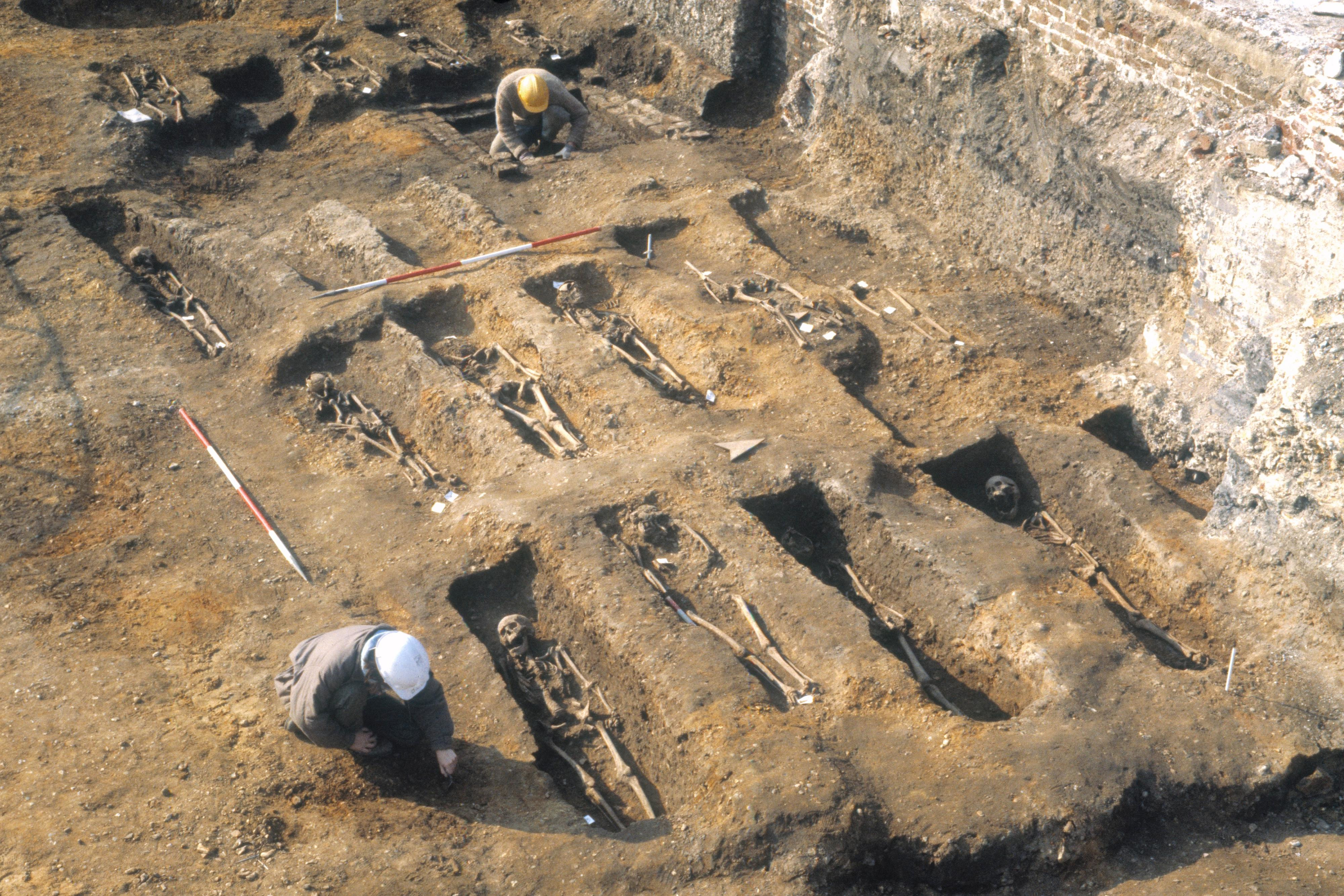News release
From:
The Black Death may have influenced the evolution of genes involved in immune responses against pathogens, suggests an analysis of ancient genomic data published in Nature this week. The findings provide evidence that pandemics may have shaped susceptibility to disease and suggest that they may continue to do so in the future.
The Black Death, caused by the bacterium Yersinia pestis, spread throughout Europe, Middle East and Northern Africa from ad 1346 to 1350 and resulted in the death of between 30 and 50% of the population at the time. The high mortality rate suggests that the populations had little to no prior immunological adaptation to Y. pestis. In subsequent plague outbreaks over the next 400 years, mortality rates decreased, which could have been as a result of changing cultural practices or pathogen evolution, but may also represent human genetic adaptation to the bacterium.
To explore the evolution of genetic variation in immune-related genes, Luis Barreiro and colleagues analysed 516 ancient DNA samples extracted from individuals who died before, during or soon after Black Death outbreaks in London, UK (318 samples) and across Denmark (198 samples); of these, a total of 206 samples were used for the main analysis. The samples were dated using historical records and radiocarbon dating, and included individuals buried in a plague cemetery in London, all of whom died between 1348 and 1349. The authors found evidence for positive selection of genetic variants in immune-related genes during and after the Black Death: they identified 245 genetic variants that were highly differentiated when comparing pre- and post-Black Death samples from London, 4 of which were replicated in the Danish cohort. Among these four strongest candidates for positive selection, one variant is associated with control of Y. pestis in laboratory experiments with blood cells (macrophages), suggesting that it may have contributed to resistance to Y. pestis.
The authors note that the variants that are associated with protection from Y. pestis overlap with alleles that are associated with increased susceptibility to autoimmune diseases, highlighting the role that past pandemics may have had in shaping present-day disease risk.



 International
International



